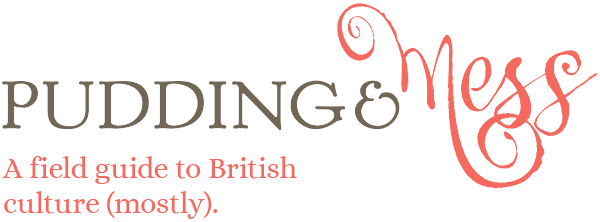~Fates and Furies Lauren Groff A story told in two halves. Lotto – 6’6″, privileged and blessed with a charm and charisma that draws people to him, marries Mathilde a mere few weeks after they meet. They move to New York where Lotto struggles to make it as an actor and Mathilde works in an art gallery to make ends meet. They are poor but happy, with a marriage that’s the envy of their friends. The years pass until one New Year’s Eve in a drunken stupor, Lotto writes a play about his family and goes on to become a successful playwright. Mathilde quits her job, they move to the country and Mathilde quietly runs their life while Lotto continues to be a huge success. But then the perspective pivots and in the second half Mathilde dismantles everything we have learned through Lotto and reconstructs it in startling and chilling ways. Overwrought and a bit of a slog at times, this is, nevertheless, a dazzling and insightful look at a marriage written with poetic, lush prose and layered with endless wordplay and nods to Shakespeare and Greek mythology.
~Swing Time Zadie Smith Our narrator, who is never given a name, and Tracey, meet as the only brown girls in a local dance class and become best friends by default. They spend endless hours watching musicals and Fred Astaire and Ginger Rogers films, acting them out and practicing the dance moves. Tracey goes on to have a modicum of success as a professional dancer but ultimately falls back into the poverty where she started. Our narrator becomes a personal assistant to a famous pop star, Aimee, spending nine years of her life doing the singer’s bidding, ultimately becoming embroiled in a scandal that gets her fired. This is where the novel begins, swinging back and forth in time to build it’s multi-layered, complex, and meandering analysis of race, cultural identity, friendships and family. Large portions are spent in Africa when Aimee opens a school for girls and the narrator must make several trips there to oversee its progress. Other parts take place in London during visits with the narrator’s father and complicated conversations with her activist mother. And then, after years apart, Tracey is back, brash and bold, but broken. Compelling, wise and soulful as only a Zadie Smith book can be, I was nevertheless disappointed to find much that felt flat and uninspiring, especially with Aimee’s storyline. In contrast, when Tracey is present the story is engaging and full of life. There is certainly so much to chew on here, but ultimately the book lacks the elegant gravitas I was expecting.
~Dark Matter Blake Crouch Jason Dessen briefly leaves his wife and son one evening to visit with an old friend. He’ll be back before dinner’s on the table, he promises, armed with ice cream. But he’s kidnapped by a masked stranger, drugged and wakes up strapped to a gurney in a world that does not belong to him. Jason is in an alternate reality, one where he has made sharply different choices. In this world he has no wife, no son and his staid college teaching job has been replaced with a high profile career in the world of quantum mechanics. Alternate Jason has created a box through which he can travel to different dimensions – the multiverse paradox – and he must use it to get back to his own world. But in the process of going through different doors to get there, he produces many versions of himself, all of whom want his life and whom he must now fight off. The book is a fast-paced, high-energy read. Sentences are clipped, often just two or three words which speeds up your reading and carries you along on a tidal wave of adrenaline. A fun and thrilling look at life’s what ifs and maybes.

